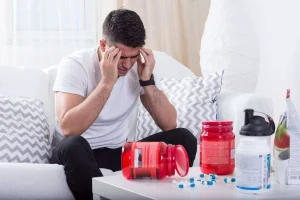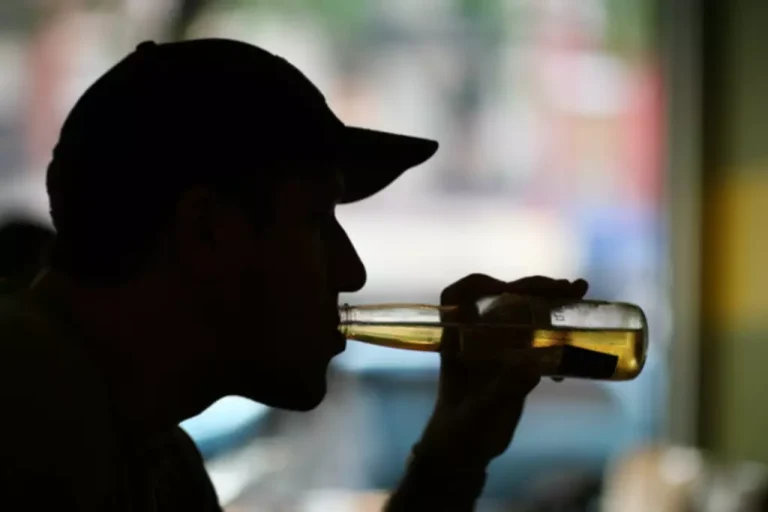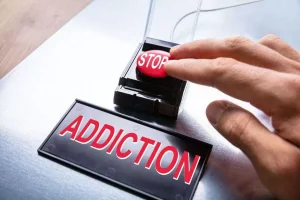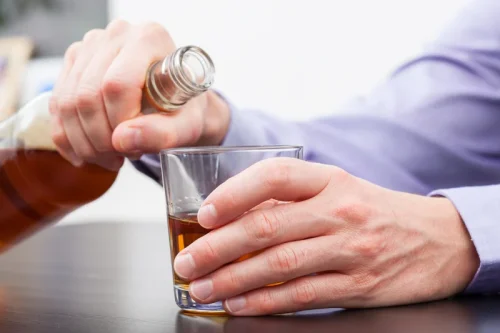Once you stop drinking, though, the sudden change may come as a shock to your brain, which altered some of its chemistry to make up for the alcohol’s presence. Delirium tremens (DT) is the most severe form of AWS and occurs in 5% of people with AWS. When the alcohol level suddenly drops, your brain stays in this keyed up state. Over time, your central nervous system adjusts to having alcohol around all the time. Your body works hard to keep your brain in a more awake state and to keep your nerves talking to one another.
Medications to Ease Withdrawal Symptoms

Your insurance plan may cover some or all of the cost of alcohol detox. Our online health insurance verification system will estimate your in-network and out-of-network deductibles, coinsurance percentages and out-of-pocket maximums. Within 5 minutes, you’ll receive an email with these details – free of charge. One factor to remember is that the discomfort of withdrawal is only temporary. This thought process can be a useful mental tool when the physical pain of withdrawal is most severe.

What are moderate to severe alcohol withdrawal symptoms?
Alcohol withdrawal can produce both physical and psychological symptoms. The severity of the symptoms you will experience often depends on the amount and duration of your alcohol consumption. Many people with addictions convince themselves that they are alone and are the only ones going through their experiences. It can be very comforting to know that many people have gone through withdrawal before. We recommend reaching out to others who are also going through withdrawal or joining group therapy. Professional detox is highly recommended for those likely to experience moderate to severe withdrawal symptoms and will support you during detox.
How is alcohol withdrawal diagnosed?
Alcohol also lowers the sun exposure levels needed to burn, which can increase the risk of skin cancer. Choose at least 30 SPF and use a full ounce of sunscreen, experts previously told USA TODAY. Your blood alcohol level is the amount of alcohol in your blood, which increases as you drink. It can be affected by your age, weight, how quickly you’re drinking, how much you’re drinking and if you are drinking on an empty stomach. If you gave Cymbalta a good try, but you still don’t feel like yourself, don’t give up. There are other medications, doses, and combinations of medications that you can try.

There are many resources available for anyone who is ready to stop drinking for good, or who wants to reduce the harm alcohol is causing in their life by cutting down. As you continue to commit to long-term recovery, support group meetings like Alcoholics Anonymous (AA) or online support communities might be helpful. A healthcare provider may request daily visits during which they will likely run blood tests and monitor vital signs until symptoms stabilize. It’s typical for withdrawal symptoms to begin within hours to a day or two after you have your last drink. Symptoms are often at their worst around 24 to 72 hours after you stop drinking. Alcohol withdrawal delirium (AWD), commonly known as delirium tremens (DT), is the most serious symptom of alcohol withdrawal.
Drugs.com provides accurate and independent information on more than 24,000 prescription drugs, over-the-counter medicines and natural products. This material is provided for educational purposes only and is not intended for medical advice, diagnosis or treatment. Data sources include Micromedex (updated 7 Jul 2024), Cerner Multum™ (updated 14 Jul 2024), ASHP (updated 10 Jul 2024) and others. After withdrawal is complete, it is essential that you not begin drinking again.
Partial hospitalization offers high care while allowing patients to return home at night. Outpatient programs vary in intensity and are suitable for individuals transitioning from higher levels of care or those with less severe AUD. If you have severe vomiting, seizures or delirium tremens, the safest place for you to be treated is in a hospital.
- They can be managed with prescribed medications such as benzodiazepines.
- Like deep breathing, meditation can help you stay balanced and relaxed during your withdrawal.
- The main goal of treatment is to minimize your symptoms and prevent more severe ones like seizures or delirium, which could be fatal in some cases.
- Alcohol withdrawal is easy to diagnose if you have typical symptoms that occur after you stop heavy, habitual drinking.
- DT generally occurs in people who have been drinking excessively for years, and begins two to four days after the last drink.
- Often, people are tempted to turn back to alcohol to ease the discomfort of withdrawal symptoms.
How Long Does It Take To Detox From Alcohol?
It is usually difficult for people who drink to be completely honest about how much they’ve been drinking. You should report your drinking history straightforwardly to Cure for Alcohol Withdrawal Symptoms your doctor so you can be treated safely for withdrawal symptoms. Although you might be tempted to tough out withdrawal symptoms by yourself, it’s not worth the risk.

